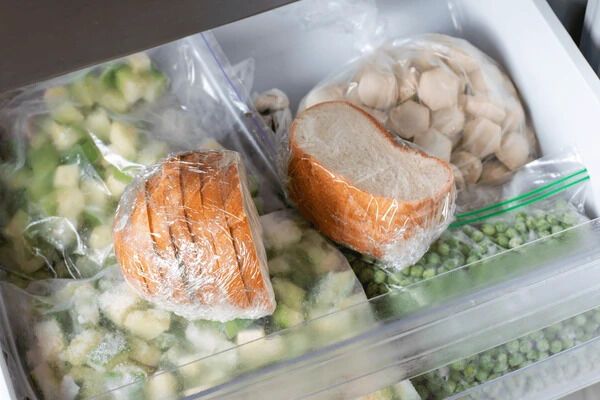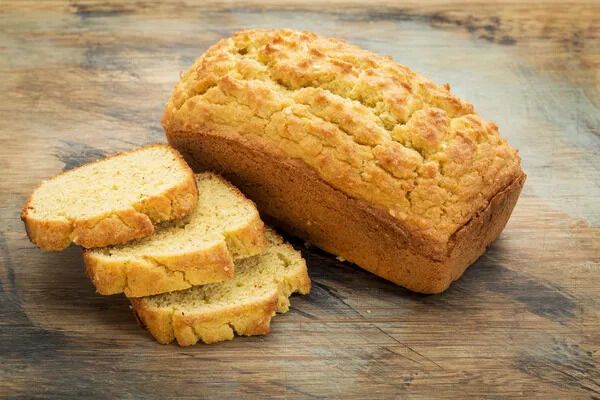News
Should you freeze bread and how does it affect your health: the answer of scientists
The idea that freezing bread makes it healthier has become popular on TikTok. Some even mention studies that confirm this.
But science is not sure that we should take the advice too seriously, Inverse writes. In fact, the health effects of "cold bread" are exaggerated.
What is the process of baking bread? The moist, bubbly dough turns into a soft, fluffy loaf. The heat of the oven, combined with the water in the dough, causes the starch in the flour to expand and gelatinize. The same thing happens when flour is added to a sauce and cooked until it thickens.
Starch in the form of gelatin is easier to digest, making the glucose (sugar) it contains easier for our cells to absorb.
Fast-available glucose can increase insulin levels immediately after eating. Insulin helps our cells use glucose for energy (or store it for later use). In return, excess insulin can make us feel hungry and possibly even lead to weight gain.
But when foods containing these gelatinized starches are refrigerated, the expanded starches shrink back down to become what is known as resistant starch. The enzymes in the digestive tract have a harder time breaking them down, which means that it is also harder for the cells to absorb the sugar they contain. That is, resistant starches are less likely to cause a "spike" in blood sugar and insulin levels after eating them.
The degree to which resistant starch is formed depends on the baking temperature of the bread and whether it is then refrigerated or frozen. In the freezer, the rate of reduction is almost twice as high as in the refrigerator, which means that more resistant starch is formed.
In addition, freezing bread retains water, keeping it fresher and softer than if you stored it in the refrigerator, where water is lost and the bread becomes hard.
Homemade vs. store-bought
Scientists have studied the effects on people of freezing white bread and then toasting it. They compared store-bought loaves with homemade bread.
For the homemade bread samples, freezing and thawing reduced blood sugar levels by 31% within two hours. Interestingly, toasting fresh bread also reduced the rise in glucose levels by 25%.
This effect was even greater when the homemade bread was frozen, thawed, and then toasted - a 39% reduction in blood sugar. This has the potential to help fight hunger, as glucose and insulin levels will not rise as high after eating frozen bread.
But when commercial, store-bought white bread was used, freezing before toasting did not improve the body's response to blood sugar levels. This may reflect the different ways commercial bread is made compared to homemade bread. The ingredients used or the way the bread is prepared and subsequently cooled may reduce the effect of freezing on the formation of resistant starch.
Other, more recent studies have also shown similar results.
These effects only exist for a few hours after eating the bread. Therefore, while freezing bread before meals may help lower blood sugar levels during one meal (and have a small effect on the next meal), the long-term effects on appetite, weight gain, or risk of certain diseases (such as type 2 diabetes) are unknown - and likely to be very small.
So, if there is a health impact of cold bread, it is extremely modest. But this does not mean that it should not be frozen. By putting a loaf in the freezer, you can reduce the amount of food waste and also get some health benefits - even if they are small.
Only verified information is available in the OBOZ.UA Telegram channel and Viber. Do not fall for fakes!





























